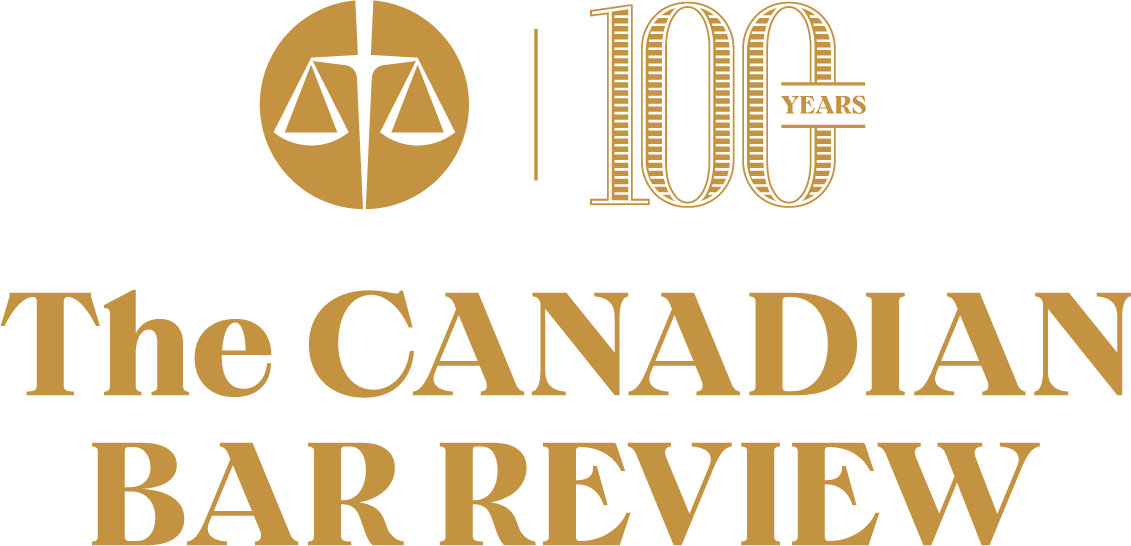CE QUE DIT ET NE DIT PAS L’ARRÊT JARVIS
PROPOSITION D’UN CADRE D’ANALYSE
Abstract
Various laws grant public bodies binding powers that can be used against citizens in administrative audits or, at times, criminal investigations. Although it was handed down more than 20 years ago, R. v. Jarvis, 2002 SCC 73, which addresses the limitations imposed by the Canadian Charter of Rights and Freedoms on the use of these powers, is still a source of debate to this day. In Jarvis, the court clearly establishes that if the Charter is to be enforced, a line must be drawn between the administrative and penal functions of public bodies. However, due to the Court’s mixed signals in this decision, the issue of the real impact of crossing the line when it comes to citizens’ constitutional rights has not been fully resolved. Naturally, this causes practical difficulties for officers of public bodies. This article is a new contribution to the debate. Building on post Jarvis case law, this article suggests an analytical framework that would make it easier to rule on the constitutionality of a public body’s use of binding powers on a citizen.
In addition to being applicable to systems other than the one involved in Jarvis (the federal tax system), this analytical framework avoids restricting the powers of public bodies when such a restriction is not justified by more pressing conflicting interests.
Keywords:
Jarvis, Criminal, Regulatory, Inspection, Audit, Inquiry, CharterDownloads
Downloads
Published
Issue
Section
License
Copyright (c) 2023 The Canadian Bar Foundation

This work is licensed under a Creative Commons Attribution-NonCommercial-NoDerivatives 4.0 International License.





